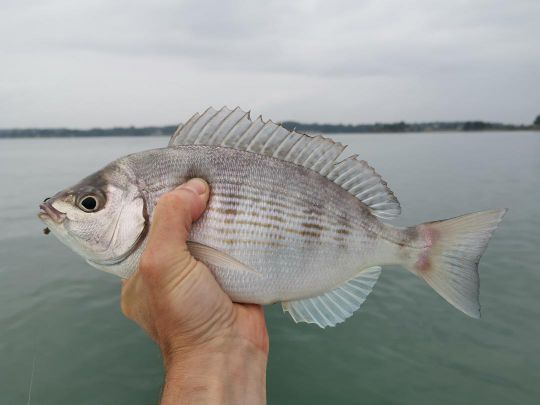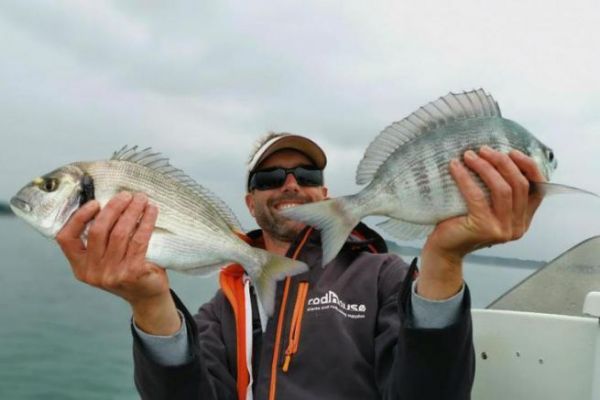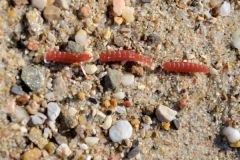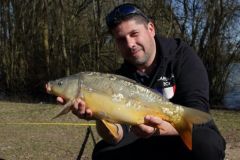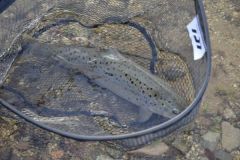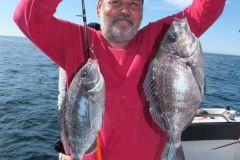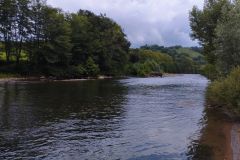While I often go for big gilthead bream in the deep, powerful undertows of the Gulf of Morbihan, I also like to devote a few outings to a different, finer and more productive approach: mudflat fishing.
Food-rich spots
Mudflats are very rich in food, as they are home to countless marine worms (particularly arenicolae) and shellfish (especially clams and razor clams). As a result, they are often colonized by shoals of sea bass, as well as gilthead and sea bream.
These areas are particularly numerous at the bottom of the Gulf, so look for the channels with the most current and some depth changes. The unevenness of the bottom will create calm zones where food and therefore bream will accumulate.
The second spot I particularly like to explore at the end of low tide is the outskirts of oyster beds, provided you can find a small pit; 2 meters deep is sometimes enough...
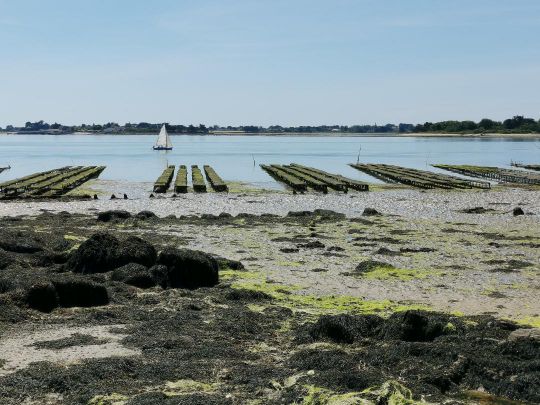
Finer assembly
This is an interesting approach to dorado fishing, as it involves prospecting shallow, uncluttered spots. The equipment used is much lighter than usual (a 15-50 g rod is sufficient) and no material is lost.
A 35/100 line body with a 40 g sinker is all you need, given the shallow depth of the areas fished (2 to 6 m). This is followed by a 1.50 m leader in 28/100 fitted with a 1 to 1/0 hook, depending on the size of the bait.
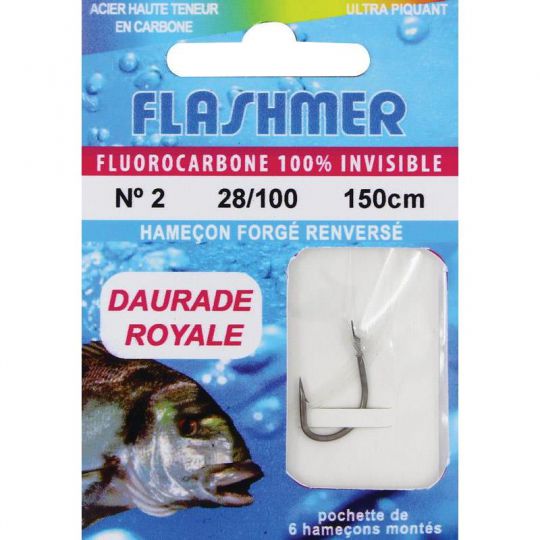
A variety of baits
On mudflats, even if crabs are present, the bait of choice is the arenicole. But you can also bait tube worms or bibs.
Knives, whole or shelled, also make excellent bait.
The logical thing to do is to introduce the dorados to the foods they feed on most in the area.
With worms, bites are numerous and catches are varied; you'll be able to catch gilthead bream, sea bream and sea bass as schools of fish pass by.
If the grays are too numerous, then I abandon the worms in favor of green crabs and whole razor clams to select the gold-browed beauties.
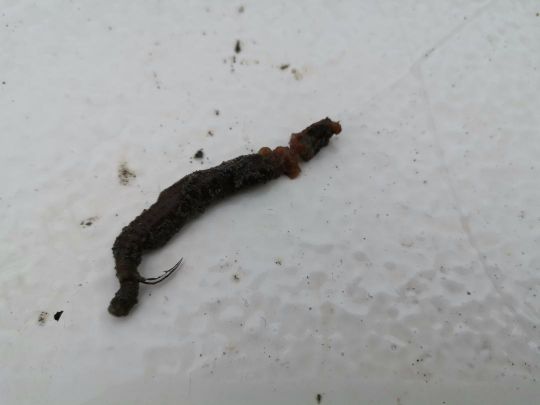
A smaller average size, but some nice surprises
If you're just looking to catch dorados weighing 4 to 5 kg, this is not the approach for you... But if, on the contrary, you want to have fun and introduce your children and friends to bait fishing with lots of bites and regular catches, I invite you to give it a try. The average catch is around one kilo, but dorados from 2.5 kg to 5 kg are possible and caught regularly throughout the season. With light tackle, you're guaranteed a great fight, but not the outcome!
